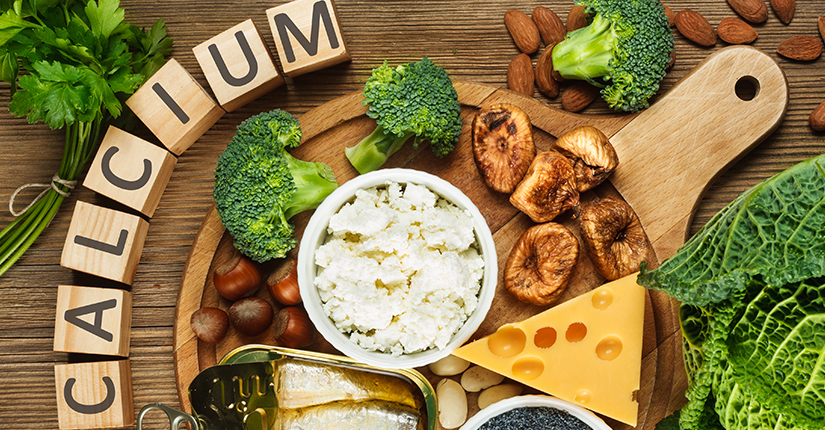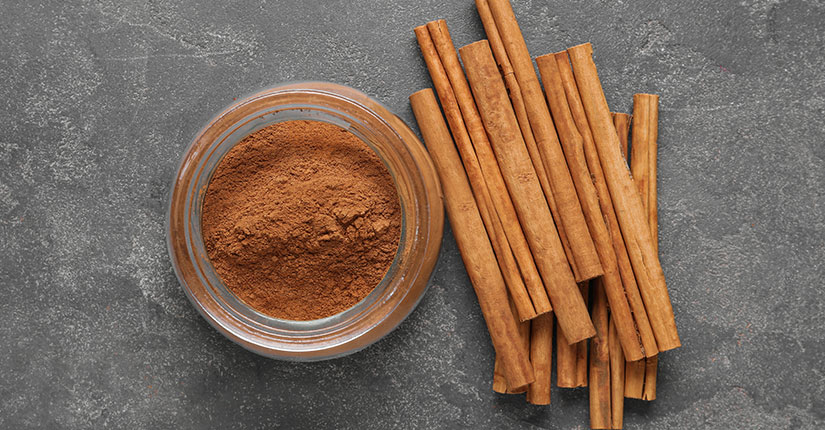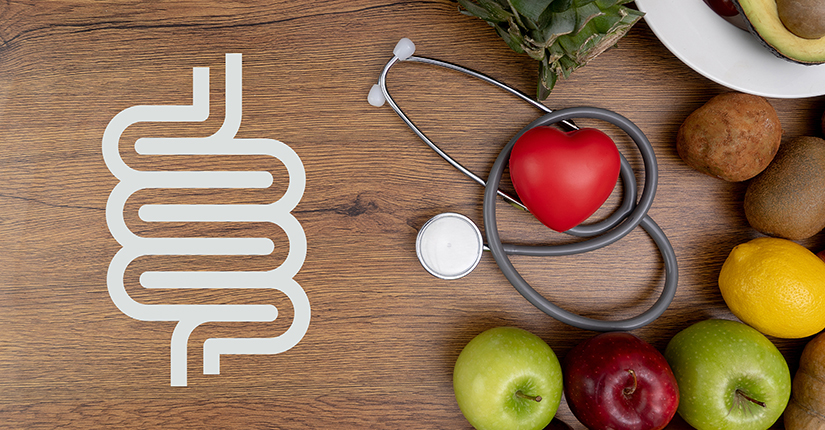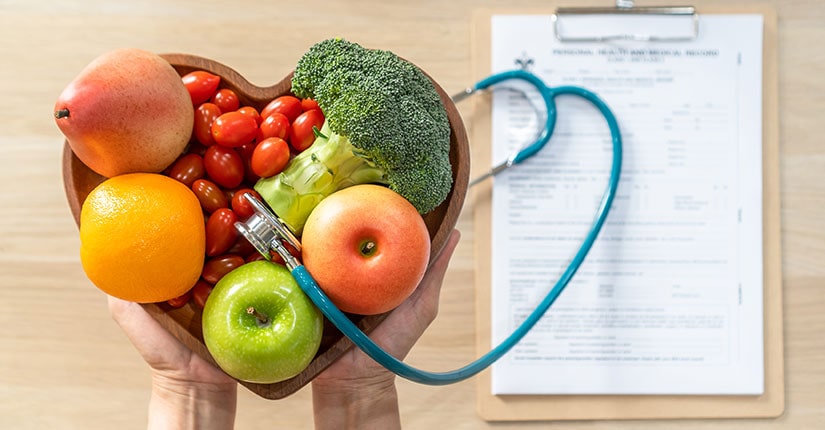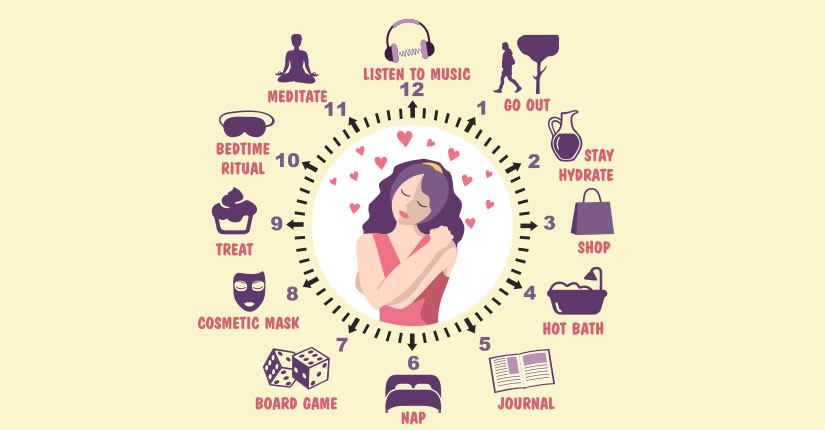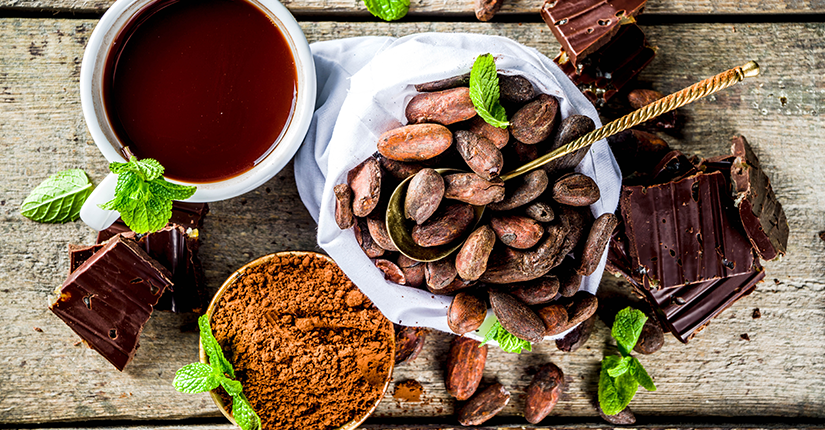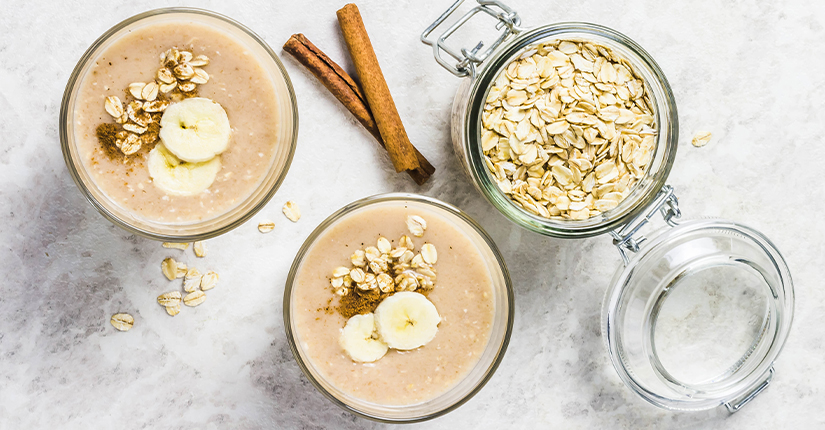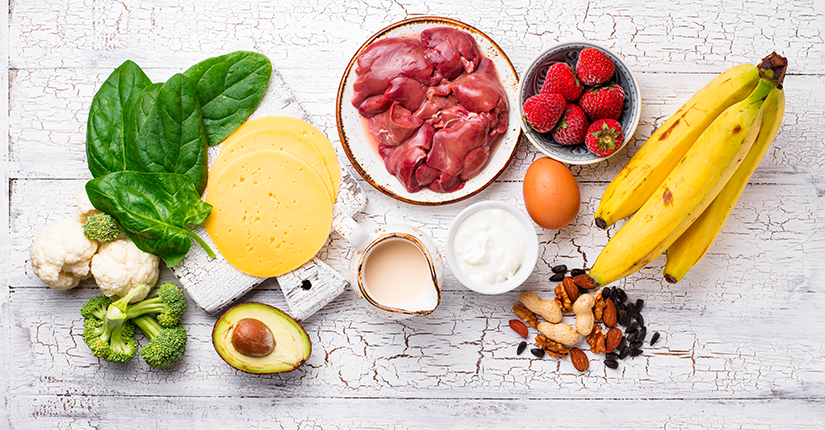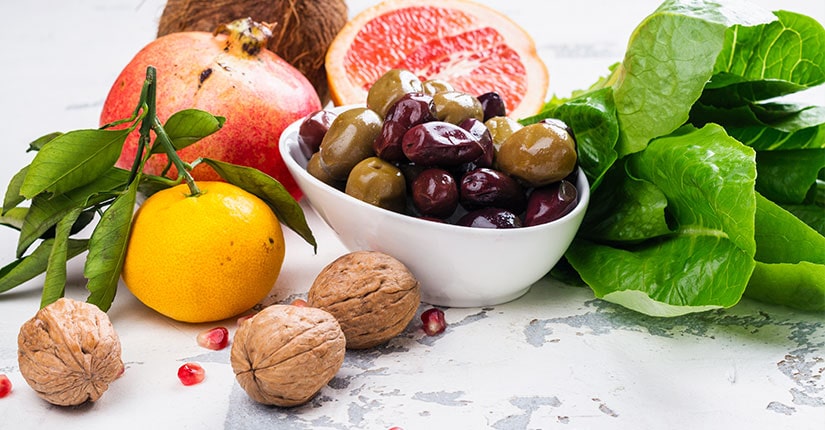ADHD- Diet Solutions for Kids
By Nmami Agarwal 18-Jan 2020 Reading Time: 4 Mins
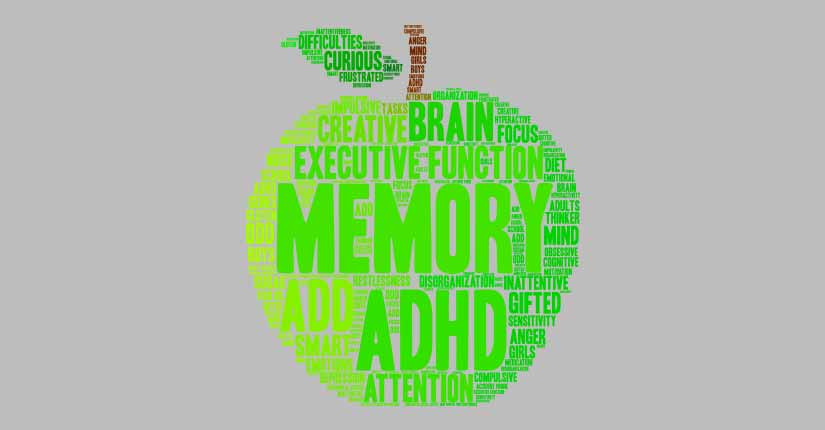
Attention deficit hyperactivity disorder (ADHD) is becoming a common psychiatric disorder in children. It is characterized by persistent symptoms of inattention, impulsivity and hyperactivity.
This disorder affects 3% to 10% of school-age children worldwide. Even in India, a study published in Indian journal of psychiatry has shown a high prevalence (8.8 %) of ADHD among primary schoolchildren.
Children with ADHD might have trouble concentrating on lessons or finishing tasks and may appear to be haphazard. Listening can be difficult and they could have difficulty remaining seated in class. These and other symptoms must be present for a prolonged period for an ADHD diagnosis. Successfully managing these symptoms increases a child’s chances of developing basic life skills.
What Causes ADHD
The etiology of ADHD is not clearly known; however, since diet plays a crucial role in physical and mental health, especially for growing children, few dietary modifications are associated with reduced symptoms of ADHD. Reduced sugar intake, elimination of artificial coloring agents and preservatives and inclusion of foods rich in omega-3 fatty acids have been studied to help with symptoms of ADHD.
Eliminate sugar
Simple sugar consumption may cause hyperactivity, given that snacks containing high sugar content cause massive secretion of insulin from the pancreas, resulting in hypoglycemia. This stimulates an increase in epinephrine, leading to activation of nervous reactions and hyperactivity disorder behaviors. A recent study on sugar consumption suggested that higher consumption of sugar is positively correlated with a higher level of hyperactivity and attention deficiency similar to ADHD.
Avoid artificial food colors and additives
The synthetic dyes, flavors, and preservatives found in many commercially prepared and “junk” foods might contribute to hyperactivity or other symptoms of ADHD. The American Academy of Pediatrics also agrees that eliminating preservatives and food colorings from the diet is a reasonable option for children with ADHD to reduce associated symptoms.
Add foods rich in Omega 3 fatty acids
Omega 3 fatty acids perform a number of functions in the brain, such as affecting transmission of the neurotransmitters dopamine and serotonin and helping brain cells to communicate. Some researchers suggest that children with ADHD may have low levels of essential fatty acids. So including sources rich in omega 3 fatty acids such as walnuts, chia seeds, salmon, sardines, cod liver oil and flax seeds might help. Although more studies need to be published to establish beneficial effects of omega-3 consumption in ADHD.
Over to you
Healthy dietary habits should begin in childhood to last a lifetime. Research has not shown any specific food to cause or cure ADHD in children; however, maintaining a routine with regular meals and snack time might help. Apart from that, processed foods especially unhealthy snacks like chips, soft drinks and chocolates should be replaced with healthier alternatives like whole fruits, nuts, seeds, and wholegrains as a part of maintaining healthy lifestyle. Children learn from their parents, so it’s important to set a good example. Make sure your own diet is healthy with limited consumption of packed and processed foods.



